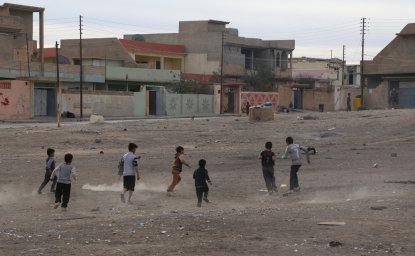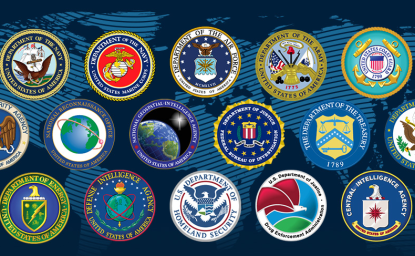To commemorate International Women’s Day on March 8, 2015, the Middle East Program at the Woodrow Wilson Center compiled viewpoints from more than 40 female activists, academics, and politicians about the outlook on women’s rights in the Middle East. The following is one of the statements, provided by Robin Wright, a USIP-Wilson Center Distinguished Scholar.
It’s hard to see even a glimmer of light for women in the Middle East. So many places have rolled back rights or produced new crises that endanger women either physically or politically—or both. The rundown is just damned awful:
Syria: Life today is often about simple survival. Half of Syria’s population—some 12 million people— have been displaced from their homes or have fled across borders because of the two wars that threaten to dismantle the country. The vast majority are women and the children they care for.
The prospects are also abysmal for girls. More than 3 million children are out of school because their schools were destroyed or they have fled their hometowns. Others live in ISIS-controlled territory where women have been forced back behind the veil and discouraged from education, work, and even leaving the home. Syria’s wars imperil a whole generation, the girls most of all.
Iraq: Since last June, a third of Iraqi territory has been consumed by ISIS, so Iraqi women and girls also face rigid new restrictions on their public lives. Life is precarious for the majority Sunni women living under ISIS rule, but minority women, notably the Yazidis, face existential threats of rape and forced marriages.
Egypt: Sexual assault is still rampant, despite the return of autocratic rule under President Sisi. Women have limited means of protesting for their rights, with new restrictions on the right of assembly and the harassment or arrest of dissidents.
Libya: Life for females is worse than at any time since the 2011 uprising because the North African country is now a failed state with two rival governments and dozens of militias vying for political and territorial control.
Saudi: Women continue to be arrested for trying to attain basic rights, such as driving. Girls and women still have to get permission from a male guardian—a father, husband, son, or brother—to get advanced education, travel, or seek employment. Sometimes women are forced to rely on husbands who divorced them. Women are also subject to draconian punishment, including beheading.
Click here for the full publication




